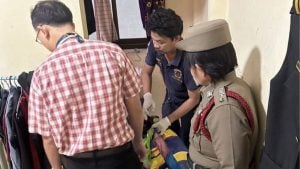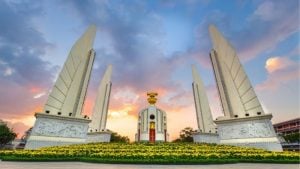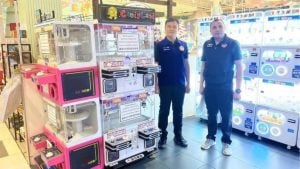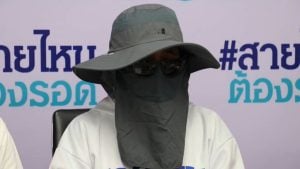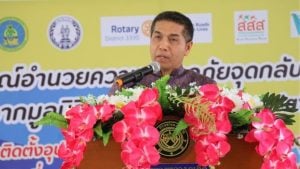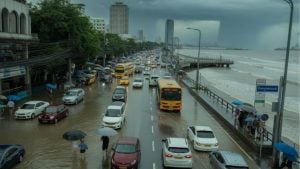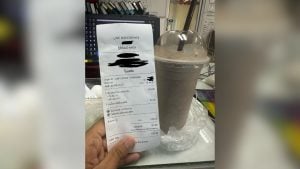Malaysia launches new cheaper, easier digital nomad visa

Hot on the heels of Thailand’s grab at attracting long-term residents through their new LTR visa, Malaysia has released a digital nomad visa option that appears to be far cheaper and easier to qualify for. The De Rantau Programme will go live on October 1 and will offer a 12-month digital nomad pass.
The website states the goal is to establish Malaysia as the top spot for remote workers amongst the ASEAN members while making itself a digital hub and boosting tourism along the way. The programme will charge 1,000 ringgit – just over 8,000 baht – as a processing fee for online workers, especially in the IT, development, marketing, and content creation sectors.
Unlike Thailand which strives for only the wealthiest people to emigrate, Malaysia’s digital nomad programme will be open to anyone with a minimal yearly income of US$24,000, currently about 890,000 baht.
Applicants will need to prove that they have at least a three-month work contract with a company that can be based in Malaysia or abroad. But even that rule is lenient, allowing a collection of smaller contracts to be combined to meet these requirements. The visa will allow people to come and work, and applicants will be able to include their children and spouse for a half-price processing fee of 500 baht.
De Rantau Programme will also use crowdsourcing to help identify and certify accommodations in Malaysia that are the most suitable for digital nomads. Places with co-working facilities and high-speed Internet connections will be listed on an online hub. The programme calls on freelance workers, currently residing digital nomads, and independent contractors to add to the list in the program’s digital hub to help people applying for the new visa find the most appropriate accommodations.
Malaysia has offered several other specialised visas to try to attract foreign expats to relocate to the country, including one targeted at pensioners that quickly lost popularity when the money prerequisites jumped. That program, Malaysia My Second Home (to prove that Thailand does not have the market cornered on cheesy government promotion names), saw applications dropped to just 267 people after the changes.
The Malaysia Digital Economy Corporation had launched a previous Tech Entrepreneurs programme that was a precursor to the digital nomad visa, created to attract tech startup businesses to launch in Malaysia. A Malaysian lawyer who specialises in immigration said that this new visa is a great next step.
“The Tech Entrepreneur programme… encouraged those who wanted to set up a tech business in Malaysia to come freely. I am pleased that MDEC developed a new programme to attract a younger group from the tech world who may not necessarily want to start their own company in Malaysia and who may wish to stay for a shorter period as compared to the Tech Entrepreneur programme.”
Asia has been behind the curve on the trend of digital nomads that was only amplified during the pandemic when remote work was required, with at least 25 countries in the rest of the world offering some sort of special visa, according to a report by the Migration Policy Institute.
SOURCE: Bangkok Post
- Win a 3-night beachfront stay at Four Points by Sheraton Phuket by taking a short Thaiger Survey HERE!
Latest Thailand News
Follow The Thaiger on Google News:


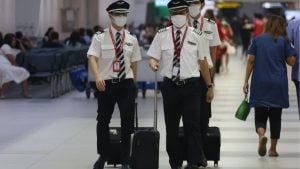


![Thailand’s top expat havens: Cost of living in 5 Provinces [2025] | Thaiger](https://thethaiger.com/wp-content/uploads/2025/09/cost-of-living-main-image-300x169.jpg)



